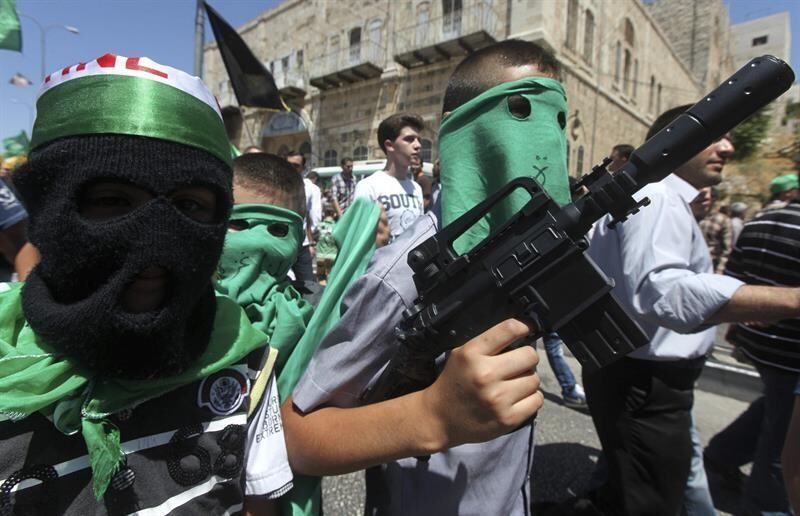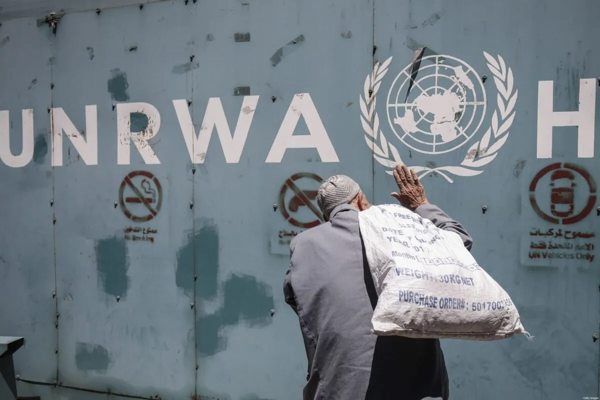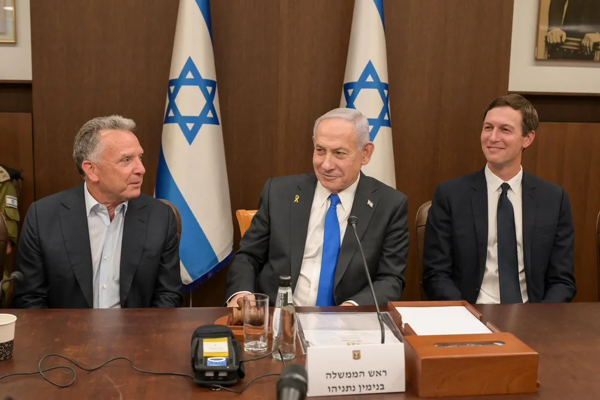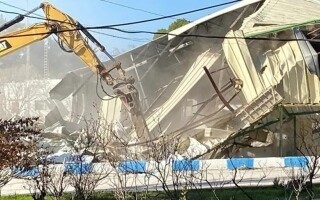
In the midst of the devastation left by the recent war in Gaza, Hamas faces a crucial dilemma about its future. The organization, which has traditionally maintained a strong hold over the region, is now at a crossroads due to a lack of internal consensus and divisions among its foreign sponsors.
The reconstruction of Gaza will require a colossal amount of funding, and the uncertainty about who will lead the territory after the conflict poses an additional challenge for Hamas.
In an attempt to reaffirm its position, Hamas militants have taken to the streets to oversee the distribution of humanitarian aid following the recent ceasefire agreement with Israel. Despite this gesture, the situation in Gaza remains critical, and the release of Palestinian prisoners has not managed to hide the severity of the crisis.
Hamas is compelled to reevaluate its role as a militant group, de facto authority, and political opposition force to Fatah. The organization faces both internal and external pressures to find a sustainable path forward.
A possible pragmatic solution could be to seek reconciliation with Fatah, which would open the door to a unity government and international aid for the reconstruction of Gaza. However, internal power struggles and public fatigue cast doubt on the viability of this option.
Israeli Prime Minister Benjamin Netanyahu has promised a "total victory" over Hamas, although the reality on the ground suggests that this goal is unrealistic. Meanwhile, Hamas is grappling with different approaches to ensure its survival amid the complexities of the situation in Gaza, where reconstruction will play a key role in redefining power in the region.














